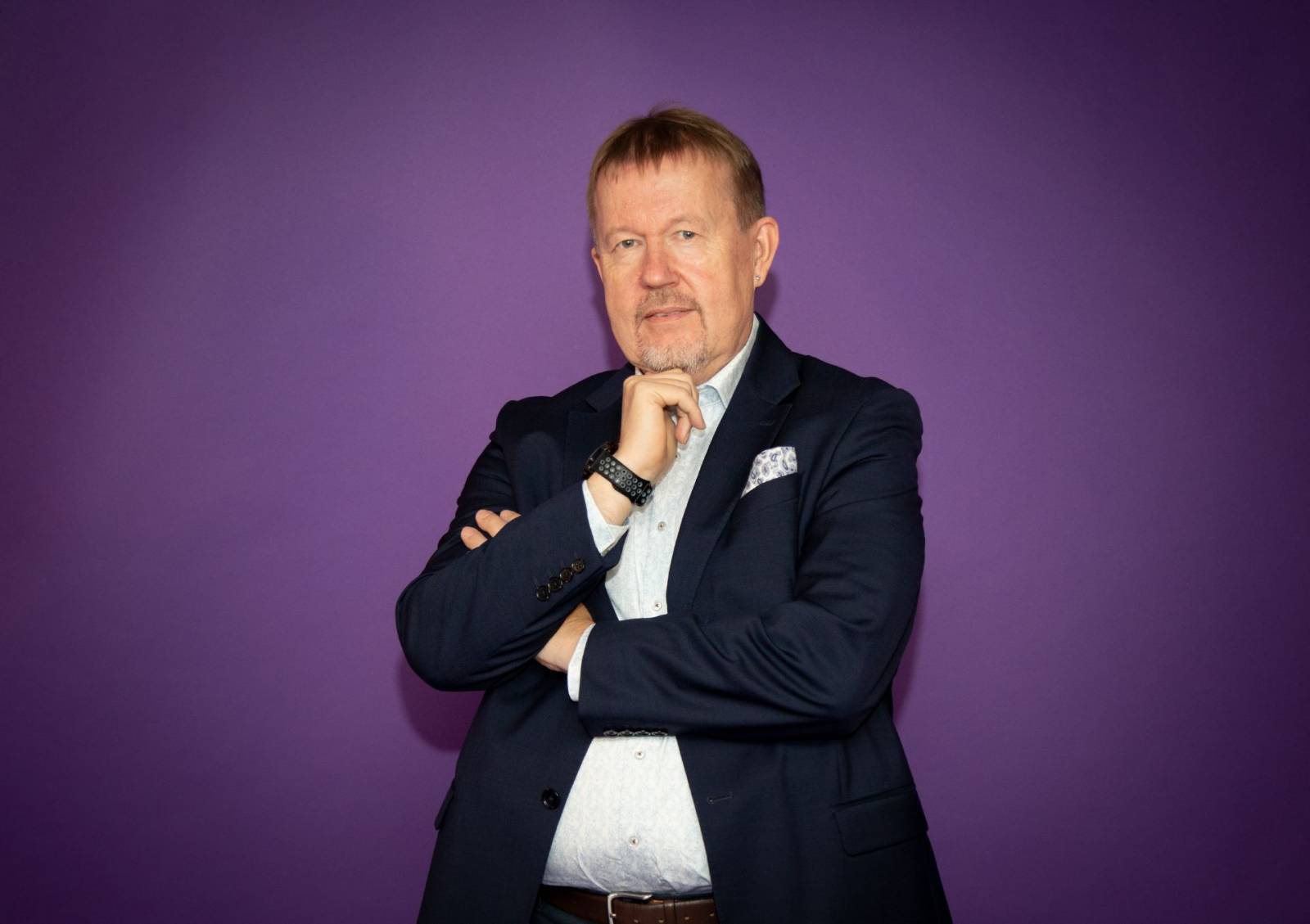Many generic skills have been highlighted in exceptional circumstances
Kone Corporation ’s CEO Henrik Ehnrooth predicted in February 2021 that the next crisis is a mental health crisis. The description was apt for the higher education sector, which has been in the thick of the COVID19 pandemic for over two years. In worst-case scenarios, the pandemic results in a student generation missing out on the higher education community’s support and student life.
Solving of impossible matters in the complex world, critical thinking, analysis skills, creativity, originality, technical skills, continuous learning, social responsibility, tolerance of change and flexibility have been essential strengths during the pandemic.
The year 2021 was still characterised by the global pandemic and the fast spread of coronavirus variants. To slow down the spread, we had to transfer to remote work. In the autumn, we briefly returned to contact teaching and other limited activities on campuses. At the turn of 2021-22 we however again had to restrict teaching on campuses to essential simulations, laboratory practices and small-group teaching.
Loss of the immediate community as well as the fast and forced introduction of web-based technology, pedagogy and learning significantly weakened many students’ and staff members’ wellbeing and quality of life. The universities community’s Tresilienssi project responded to students’ mental health challenges, interruption of studies and lack of community. TAMK continued the project with the Parvi concept.
The exceptional circumstances have emphasised our students’ and staff’s generic skills: solving of impossible matters in the complex world, critical thinking, analysis skills, creativity, originality, technical skills, continuous learning, social responsibility, tolerance of change and flexibility have been essential strengths during the pandemic.
TAMK’s strategy for 2030 was developed and the strategic objectives for 2022-2024 sharpened in 2021. They are:
- We are the most international higher education institution.
- The are the most desired working life partner.
- We will reform education contents and structures.
The strategic focus areas respond to the needs of the Tampere Region but also to the Ministry of Education and Culture’s education and research vision for 2030. The strategic objectives are also based on an agreement made with the Ministry of Education and Culture for 2021-2024. It is most important that strategic objectives become our practical objectives.
Our university of applied sciences succeeded in responding to working life needs last year. TAMK received a new Bachelor’s and Master’s Degree Programme in Dental Hygiene and a specialisation programme called VFX Visual Effects Artist for Audiovisual Productions (VFX). The specialisation programme includes the needed technologies and tools for film and game fields. On our initiative, we will start an English-language Degree Programme in Textile and Material Engineering in 2022. These are brilliant examples of TAMK’s ability to react to working life needs, sustainable development challenges and new professions.
In 2021, TAMK staff and students worked hard for the quality audit. The Finnish Education Evaluation Centre (FINEEC) audited TAMK’s quality system late in the year. As a result, FINEEC awarded Tampere University of Applied Sciences a quality label for six years. It is good to continue from here.
Photo: Saara Lehtonen

